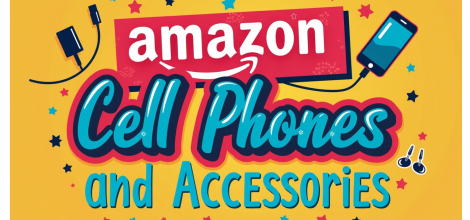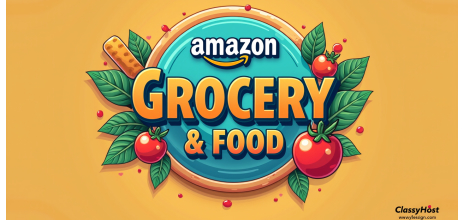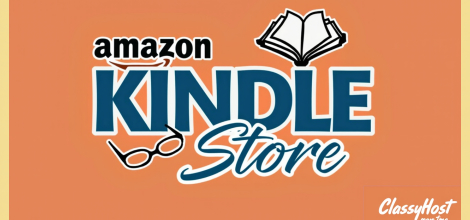|
|
|
|
|
|
|
In today’s economy, every dollar counts. One of the simplest and most effective ways to stretch your budget is through the smart use of coupons while grocery shopping. Once viewed as something only extreme savers used, coupons have now become mainstream, offering everyone an easy opportunity to save money on essentials. Whether you're shopping for a family of five or just yourself, understanding how to use coupons can make a noticeable difference in your monthly expenses. First, it's important to recognize that coupons are everywhere. You’ll find them in newspaper inserts, on grocery store apps, printed directly on product packaging, and even online through dedicated coupon websites. Many stores also offer digital coupons that can be clipped virtually and automatically applied when you check out using a loyalty card. By taking advantage of these various sources, you can quickly build a collection of discounts on products you already plan to buy. The key to maximizing your savings is combining coupons with store sales. If an item is already discounted and you have a coupon for it, you can often stack the savings, resulting in a deeply discounted — or even free — product. For example, if your favorite brand of cereal is on sale for $2 off and you have a $1 coupon, that’s a significant reduction from the regular price. Over time, these small savings add up to major cuts in your grocery bill. Organization is crucial when using coupons effectively. Some savvy shoppers keep a binder with plastic sleeves to sort coupons by category, while others use simple envelopes or apps that track expiration dates and stores where the coupons are valid. No matter the system you choose, staying organized ensures you won't miss out on deals because you forgot you had a coupon. It’s also wise to be strategic about when and how you shop. Shopping midweek can help you catch new sales before popular items are sold out. Pairing manufacturer coupons with store promotions or cashback apps can create triple savings, making your grocery budget stretch even further. In some cases, you might even earn cashback rewards simply for purchasing discounted items. However, a common pitfall is buying items you don't actually need just because you have a coupon. This defeats the purpose of saving money. Always ask yourself if the item is something you or your household will use. If the answer is no, it’s better to skip the purchase. Smart couponing is about intentional buying, not stockpiling unnecessary goods. For those who want to take their savings to the next level, many online communities and social media groups share weekly match-ups, which list the best coupon and sale combinations at different stores. Joining these groups can save you hours of planning and expose you to deals you might otherwise miss. In conclusion, coupons are a powerful tool that can significantly lower your grocery expenses. With a bit of organization, strategy, and self-discipline, anyone can learn to save money and shop smarter. Start small, stay consistent, and watch how quickly those savings grow into something substantial. |
|
||||||||||||||||||||||||||||||||||||||||||||||||||||||||||||||
|
| Copyright ©. All Rights Reserved. |
| Terms & Conditions |























